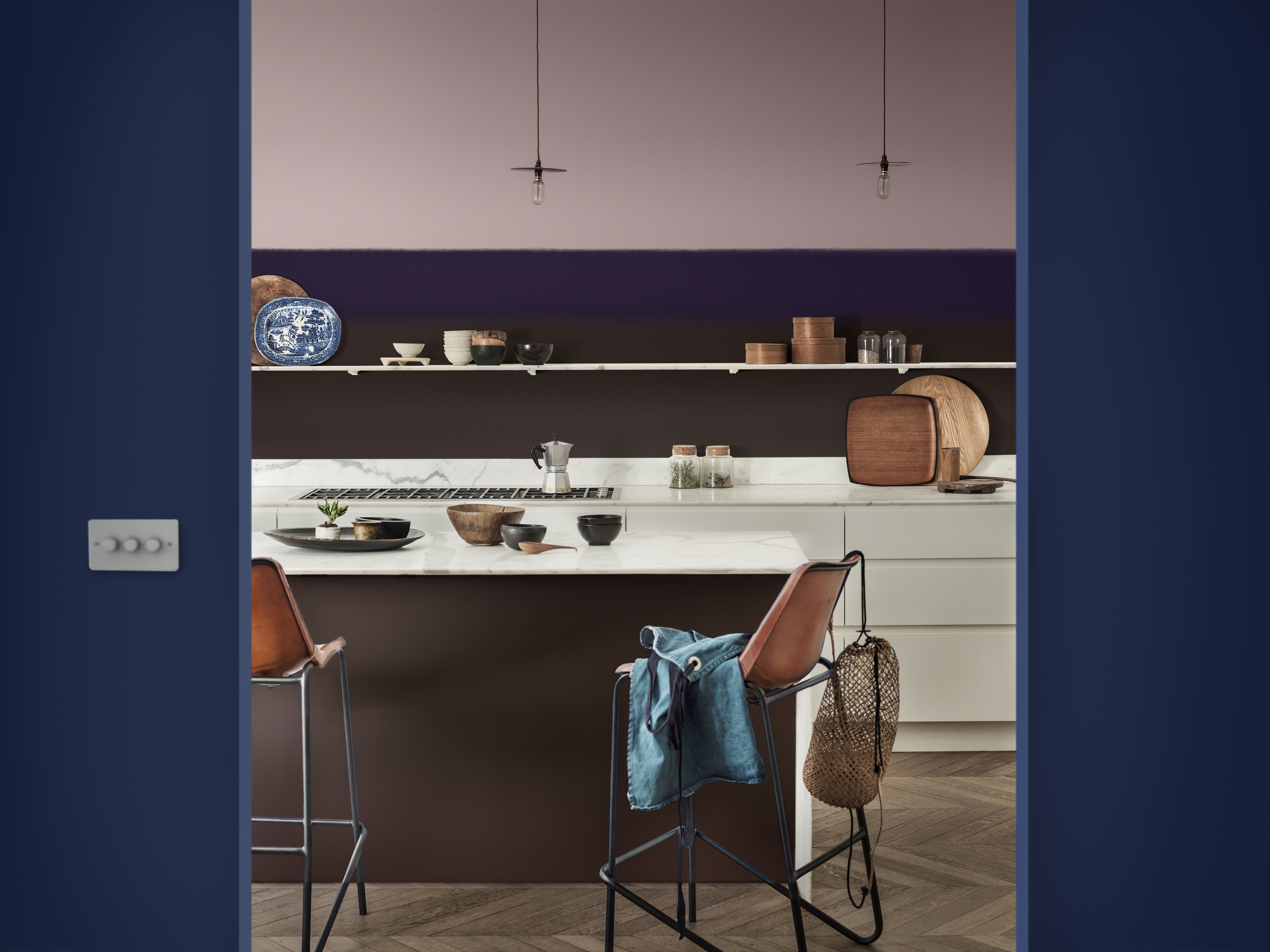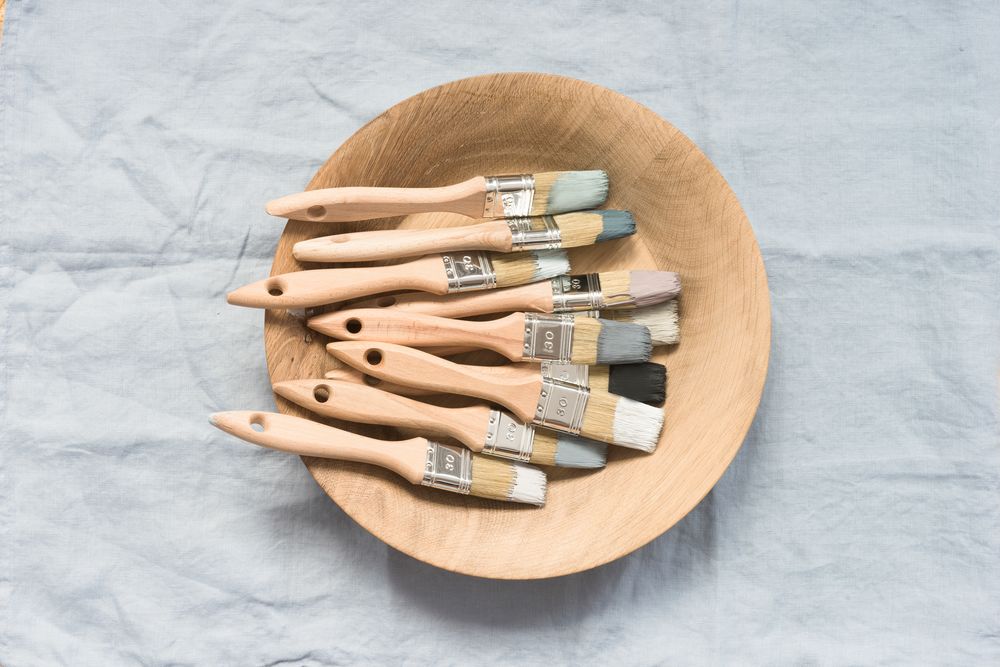
Occupancy Certificates issue for old government buildings to be resolved
The Local Government and Housing Ministry is currently taking steps to resolve the issue of OC

We are the exclusive marketing partner of LelongTips.com.my.
We display updated listings of auction properties in Malaysia and provide FREE assistance service for enquiries by telephone or online. Our below market value listing would benefit your property investment as well as for your own use.


